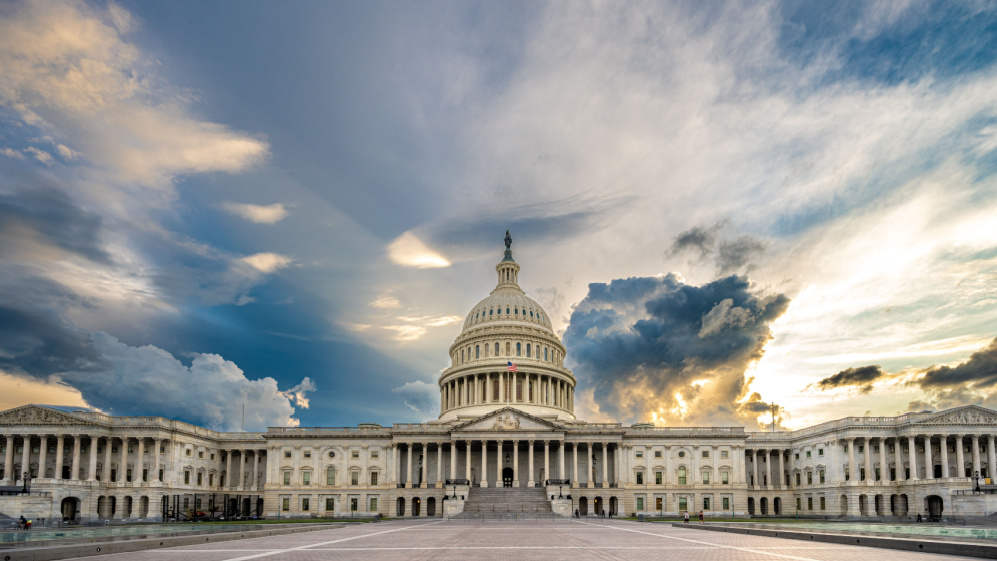Regardless of where you stand politically, the role of the Speaker of the House in our country is of paramount significance. As the presiding officer of the House of Representatives, the Speaker assumes the responsibility for shaping the legislative agenda, orchestrating the passage of bills, and guaranteeing the efficient operation of the House.
Beyond these operational duties, the Speaker plays a crucial role in maintaining the delicate balance of power, acting as a vital check on the executive branch, representing the House as a unified body, and personifying leadership within Congress. The Speaker’s function transcends mere importance; it is indispensable in upholding the public’s trust in the democratic system.
Because of the prolonged vacancy in the Speaker’s position, there is consequence, among them being:
- Legislative Gridlock: The absence of a Speaker can paralyze the House, hindering its capacity to enact vital legislation and causing governmental gridlock, thereby impeding its responsiveness to pressing national issues.
- Impaired Checks and Balances: The Speaker’s presence is integral to maintaining the delicate power equilibrium between the legislative and executive branches. An absence weakens these checks and balances, risking an overreach of influence by the executive branch in legislative matters.
- Delayed Response to Crises: During crises, such as the current Middle East crisis, the Speaker guides the legislative response. Their absence can impede swift and effective government reactions when timely legislative action is imperative.
- Erosion in Public Confidence: According to Pew Research, ‘Public trust in the federal government, which has been low for decades, has returned to near-record lows following a modest uptick in 2020 and 2021. Currently, fewer than two in ten Americans say they trust the government in Washington to do what is right “just about always” (1%) or “most of the time” (15%). This is among the lowest trust measures in nearly seven decades of polling. Last year, 20% said they trusted the government just about always or most of the time. (https://www.pewresearch.org/politics/2023/09/19/public-trust-in-government-1958-2023/)
Because Fallston Group focuses on building, strengthening, and defending reputations, let’s take a deeper dive into the erosion of public confidence and negative outflows of the Speaker vacancy:
- Perception of Dysfunction: The vacancy of the Speaker’s position creates a perception of government dysfunction, eroding public trust in the efficacy of the political system, thereby undermining the public’s faith in its capability to function effectively.
- Political Polarization: Exacerbated political polarization further entrenches the perception that partisan interests supersede national concerns, thereby deepening divisions within the government.
- Inaction on Key Issues: The inability to prioritize and advance pivotal national matters, such as healthcare, immigration, or climate change, in the Speaker’s absence frustrates the public and creates a sense of neglect.
- Public Distrust in Leadership: The Speaker embodies leadership within Congress, and the lack of their presence raises questions about the competence and leadership of elected officials. Consequently, cynicism and distrust in those in power intensify. Continuity is important at every level of leadership.
- Voter Apathy: Governmental dysfunction resulting from the Speaker’s absence discourages civic engagement and voter participation, potentially leading to a decrease in voter turnout and civic involvement, as the public becomes disillusioned with the political process. Voters must be heard, and apathy causes a slow, steady breakdown in our system.
Regardless of political party, the Speaker of the House is more than a figurehead; their presence is integral to the proper functioning of our government and the preservation of public trust in the democratic system. The potential consequences of an unoccupied Speaker’s chair extend far beyond mere governance – they encompass the very pillars of our nation’s democratic foundation. Fill the post.

